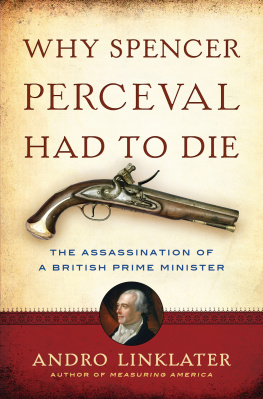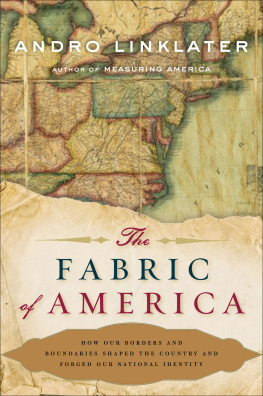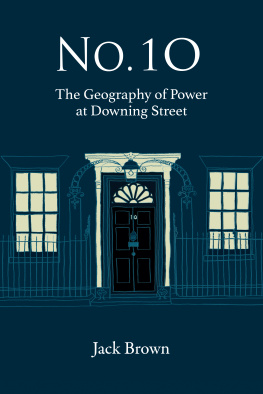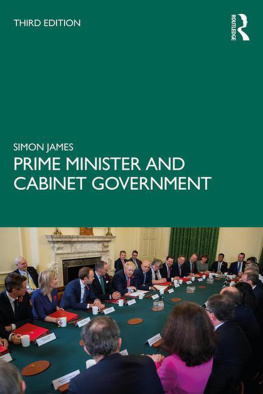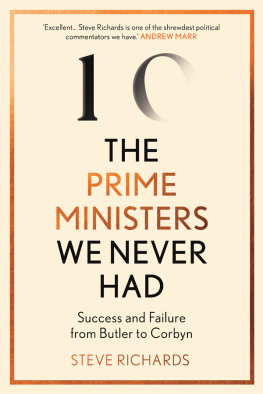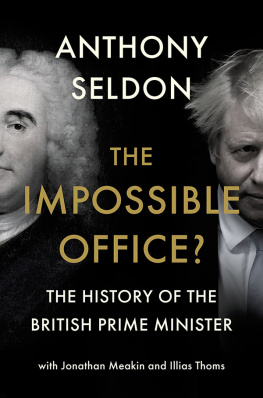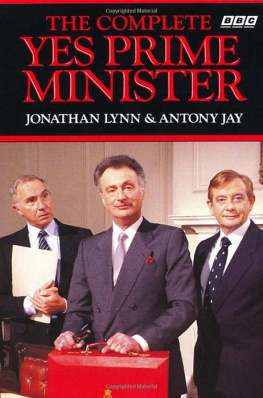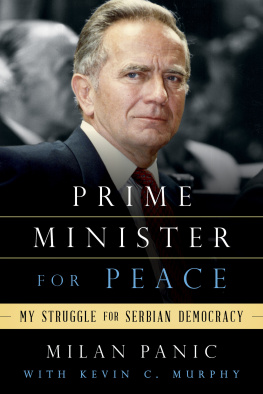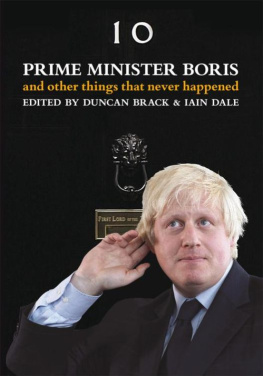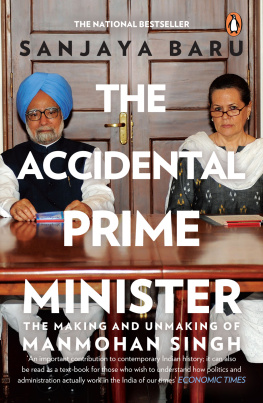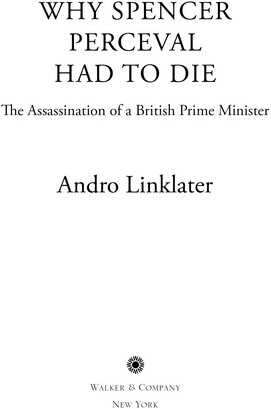
For Paul and Charlotte,
the great encouragers
Amicus certus in re incerta cernitur
Contents
From our report of the Parliamentary proceedings of the two Houses will an indignant and sorrowful nation learn the occurrence of one of those horrible events with which the annals of Great Britain have not often been stained the murder of Mr Perceval the Prime Minister of these realms; a man who, in his personal intercourse gave offence to none in his private life was an example to all; and who, however firm and unbending in his principles, yet conducted political conflicts in a way that seemed to disarm them of their characteristic bitterness.
The Times , 12 May 1812
The assassin was late. That is the loose thread in the tapestry. Pull at it, and the neat little picture of the murder that everyone knows will unravel. Behind it stands the large, ugly truth of what happened on Monday, 11 May 1812.
At half past four in the afternoon, the Prime Minister was due to appear in the House of Commons. At that moment the man who meant to kill him was a mile away in Sidneys Alley on the north side of Leicester Square. The geography of London should have saved the Prime Ministers life. By the time his murderer reached the top of Whitehall, it was already a quarter to five. Still a ten-minute walk to the Houses of Parliament. By then anxiety must have been his killers dominant emotion.
Murder is not entered upon lightly. The assassin had prepared himself with care for the great eventuality. His pistols had been bought three weeks earlier so that he could practise shooting with them. He had spent long evenings in the gallery of the House of Commons. He had familiarised himself with the features of the Prime Minister and checked his identity with knowledgeable journalists nearby. His chocolate-coloured coat had a secret pocket specially designed to carry the murder weapon unobtrusively. Another pistol nestled in his clay-coloured trousers. He had paced out the journey to the House of Commons. He could estimate to the minute how long it would take. But none of his rehearsals had taken into account the unfortunate circumstance that he might be delayed.
His anxiety would have triggered self-pity. That was his usual reaction to adversity. He was forty-one, and throughout his life bad luck had dogged him. However much care he took, some unforeseen circumstance would occur at the critical moment wrecking the whole enterprise. He might have grown rich in the service of the East India Company but for a shipwreck. He could have made money trading in Russian iron had it not been for the unexpected jealousy of a Dutch rival. He would have won compensation for his losses except that the British ambassador inexplicably refused to help. And now this delay in his carefully laid plan.
He should have gone straight from St Jamess Square to Whitehall. Instead, he had been forced to make a detour to Leicester Square, almost in the opposite direction. There had been no choice. Debt drove him there. For lack of money, he had had to walk two sides of a triangle instead of one. It has always been my misfortune, he would confess to his wife Mary, to be thwarted, misrepresented and ill-used in life.
But he had never given up. Some termed it obstinacy, others madness, but he had developed a talent for endurance, for putting his head down and ploughing on until he got what he wanted. However great the obstacles, he would perform what he had undertaken to do. When he came to explain his actions, no one could miss the sense of righteousness that pervaded his thoughts. He was proposing to administer justice not commit murder, and he was doing so less for himself than for Henry, his six-month-old son. What man, he would shortly demand of a group of strangers, would not want to make provision for his family?
He must have tried to quicken his pace against the unforgiving clock, but May was the beginning of the summer building season, and new government offices were being constructed around Henry VIIIs old palace of Whitehall. The pavements were obstructed by scaffolding and builders rubble. The stream of traffic that came across Westminster Bridge from south of the river prevented pedestrians from overflowing into the road. To keep the weighty pistol in its special pocket from swinging against the close-packed crowd, he must have clutched his brown coat closer to him, even as he pushed forward through the press of people.
At last he entered Parliament Square, crossed to Palace Yard, and ran up the steps of St Stephens entrance to the House of Commons. The clock in the lobby showed the time to be five minutes before five oclock. He was more than twenty minutes late. For the moment, his anxieties and thoughts were private and of no interest to the wider world.
Conflict is inseparable from politics. Interests have to be represented by those who sit on the green leather benches of the House of Commons. Naturally interests run into each other. Noise is inevitable. Voices are raised, and tempers rise with them. In the early summer of 1812, the arguments that erupted over the governments Orders in Council reached an unprecedented pitch of fury.
The ramifications were so complex that it was difficult even for parliamentarians to understand them fully. The original purpose of the Orders issued by the Privy Council in 1807, however, was simple to impose a naval blockade on France and its ruler, the Corsican tyrant, Napoleon Bonaparte. To this end, the Royal Navy was authorised to remove goods intended for that country from any ship flying a neutral flag on the high seas that was not sailing to or from a British port. Across the Channel, Napoleon had retaliated with his own decrees against neutral ships intending to sail to British ports. And on the other side of the Atlantic the United States, whose shippers suffered most, proceeded to enact its own embargo on trade with belligerent powers.
The consequences were momentous and unexpected. Around the world, trade slowed to a trickle as ships were searched and their cargoes impounded. By 1811, an economic recession had descended on every country from the Baltic to the Mississippi, and the value of British exports and imports had dropped by more than three-quarters. Unemployment and social distress reached such a pitch that in 1812 the House of Commons was driven to conduct an investigation into the effects of the Orders in Council.
Hearings opened on 11 May, a Monday. The lobby of the Houses of Parliament seethed with Liverpool shippers, Manchester cotton spinners, East India merchants, Yorkshire woollen weavers, Staffordshire pottery makers, and Birmingham brassmakers. All had come to plead for the continuation or abolition of the Orders in Council. Only sixty Members of Parliament were present in the chamber, but the high-ceilinged lobby rang with voices of the public raised in genuine outrage.
The rawness of their feelings must have communicated itself to the chamber. Shortly before five oclock, Henry Brougham, leading the attack on the Orders, suddenly demanded to know why the Prime Minister was not present to defend them. It was Mr Perceval who had persuaded the Privy Council to impose the Orders, and his authority was needed to remove them. The House had recognised the gravity of the issue, by constituting itself a committee to hear the representations of those affected. The hearings had opened promptly at half past four as advertised. Brougham had already spent more than twenty minutes examining the first witness, Robert Hamilton, a potter from Staffordshire. Hamilton was now waiting to be cross-examined by James Stephen, famous for having masterminded the successful anti-slave trade campaign of 1807. But the man for whom the drama was staged had not yet appeared.
Next page
